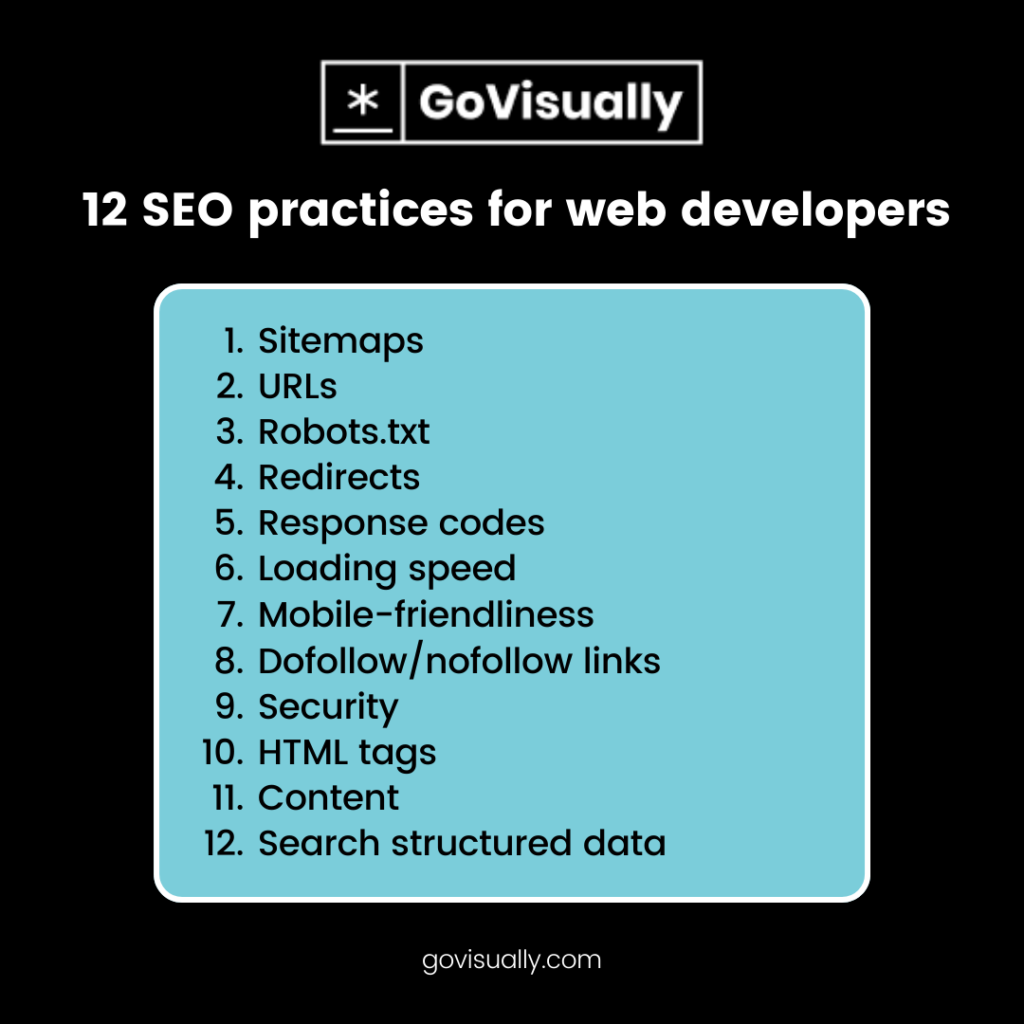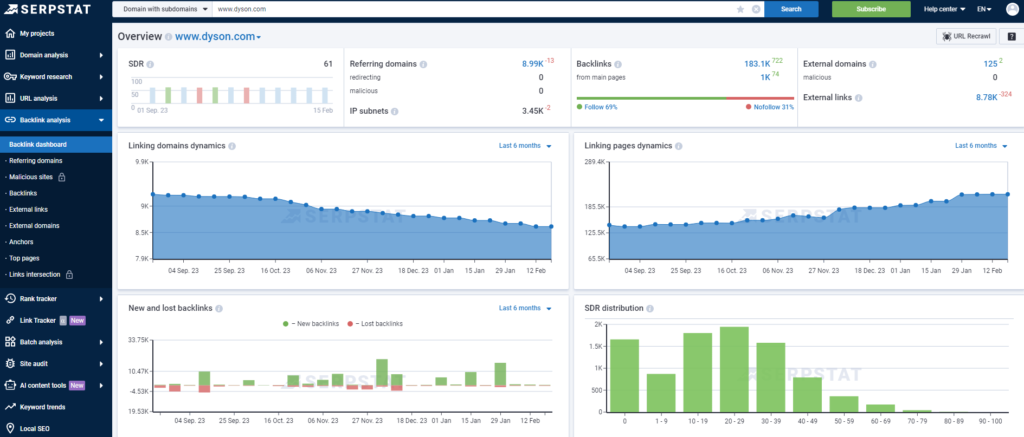Conducting an SEO audit is a critical step in optimizing your website for better performance. An SEO audit helps identify areas for improvement, ensuring your site meets search engine guidelines and provides an optimal user experience. Here’s how you can effectively use SEO audits to enhance your website’s performance.
1. Understand the Purpose of an SEO Audit
An SEO audit assesses various elements of your website, including technical SEO, on-page optimization, and off-page factors. The goal is to pinpoint issues that may hinder your site’s ranking and visibility in search results. For a comprehensive understanding of SEO, check out our SEO services page.

2. Perform a Technical SEO Audit
Start by evaluating the technical aspects of your website. Use tools like Google Search Console, SEMrush, or Ahrefs to analyze your site for issues such as:
- Crawl Errors: Identify any pages that search engines cannot access.
- Page Speed: Assess loading times and optimize for faster performance.
- Mobile-Friendliness: Ensure your site is responsive and offers a seamless experience on mobile devices.
A well-optimized technical foundation is crucial for good SEO performance.
3. Analyze On-Page SEO Elements
Examine your website’s on-page SEO factors, including title tags, meta descriptions, header tags, and keyword usage. Ensure that each page has a unique title and meta description, and that keywords are naturally incorporated into the content. For tips on creating engaging content, visit Content Writing on our site.
4. Evaluate Your Backlink Profile
Backlinks are vital for SEO success. Use tools like Moz or Ahrefs to analyze your backlink profile. Look for:
- Quality of Backlinks: Focus on acquiring links from authoritative sites within your industry.
- Toxic Links: Identify and disavow any low-quality or spammy links that could harm your site’s reputation.
Building a strong and reputable backlink profile is essential for improving domain authority.
5. Conduct a Competitor Analysis
Understanding your competitors can provide valuable insights. Analyze their websites to identify their strengths and weaknesses. Look at their keyword strategies, content quality, and backlink profiles. This information can guide your own SEO strategy and help you stand out in your niche.

6. Improve User Experience (UX)
User experience plays a significant role in SEO. Ensure your site is easy to navigate, visually appealing, and provides valuable content. Incorporate user feedback to identify areas for improvement. For more on enhancing customer interactions, check out our Telephone Answering Services page.
7. Regularly Update Your Content
Content freshness is essential for maintaining search engine rankings. Regularly audit your existing content to identify outdated information. Update articles, blogs, and service pages to ensure they remain relevant and informative. Engaging and fresh content keeps visitors returning to your site.
8. Set Up Performance Tracking
After implementing changes based on your audit, set up tracking to monitor performance. Use tools like Google Analytics to analyze traffic sources, user behavior, and conversion rates. Regular monitoring allows you to adjust your strategy based on data-driven insights.
Conclusion
SEO audits are a powerful tool for enhancing your website’s performance. By identifying and addressing areas for improvement, you can improve your site’s visibility and drive more traffic. For professional assistance in conducting SEO audits or optimizing your website, visit Social Media Max. Our team of experts is here to help you achieve your digital marketing goals.
Call to Action
Ready to enhance your website’s performance? Contact Social Media Max today! Our SEO specialists will guide you through effective strategies tailored to your business needs. Call us at 0161 399 3517 or visit our website at Social Media Max for more information!

